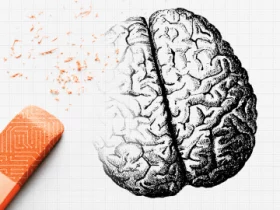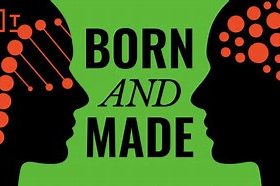The integration of artificial intelligence (AI) in MedTech is a hot topic within the industry, with 90% of leaders eager to harness its potential. However, while it brings tremendous benefits, a recent MedTech AI report from Cognizant, in partnership with Microsoft, highlights a significant skills gap hindering the progress of the technology.
Understanding the skills shortage
MedTech leaders can take proactive steps to gain the necessary expertise to support AI projects – and create a skilled workforce for the future – but they must first address the critical gaps holding them back. While many recognise the potential of AI to enhance quality control in manufacturing and advance precision medicine, the lack of internal expertise is a significant hurdle. According to our latest data, 80% of MedTech leaders seek external specialists to drive their AI initiatives rather than using their own internal expertise.
The research highlights a stark reality: 92% of MedTech leaders aspire to use AI for use cases such as quality control, yet 85% believe that the technology is best implemented by specialists. For areas like QC, AI could drastically improve manufacturing processes, but the lack of internal AI capabilities creates a significant barrier to the implementation of this technology.
Precision medicine, a field primed for AI-driven transformation, faces similar challenges. By personalising treatments based on patients’ unique biological profiles, AI can revolutionise this aspect of patient treatment and care. Integrating AI-powered digital health solutions with existing systems, such as electronic medical records (EMRs), allows clinicians to seamlessly access diagnostic insights and patient data. But while nearly 82% of MedTech leaders in Europe are committed to harnessing AI for precision medicine, 74% acknowledge the need for external technology partners to bolster their data analysis capabilities.
Using external expertise to bridge the gap
To close this skills gap, MedTech firms are increasingly turning their attention to external partners and the benefits they bring. External partnerships are not just a makeshift solution but a strategic approach to harness AI’s full potential in the MedTech space. Specifically, external specialists bring their wealth of knowledge in predictive AI insights, data analysis, and strategies that MedTech firms may lack internally. These specialists not only see how to adapt AI to current industry challenges, but also where best to apply AI in an organization for maximum effect.
For example, 55% of the MedTech leaders we surveyed require support with predictive AI insights. Equally, 71% of MedTech leaders are collaborating with external AI experts to co-develop new technologies, highlighting a shift towards an approach to innovation that is rooted in partnership. This technical expertise is crucial for anticipating patient outcomes and improving personalised treatment plans, which are core aspects of precision medicine. By partnering with AI specialists, MedTech companies can integrate sophisticated predictive models into their devices, enhancing functionality and patient outcomes.
Mitigating internal limitations
While external AI specialists are becoming indispensable for the development of cutting-edge medical devices and solutions, MedTech leaders are not just drawing on their external expertise to fill gaps. Companies are leveraging these collaborations to create new enterprise AI strategies that complement their business models.
Moving forward, we’re likely to see more MedTech firms and external AI experts jointly drive advancements and start to co-create medical devices and tech solutions, ensuring that devices not only meet current standards but also push the boundaries of what’s possible when it comes to patient care.
The adoption of AI within the MedTech space offers us a real chance to make a difference and be the differentiator in addressing the skills gap. However, external partners are primed to address this, and present a promising solution. As the industry continues to evolve, the collaboration between MedTech firms and AI specialists will be crucial in unlocking AI’s transformative potential, ultimately benefiting both patients and healthcare professionals.






























Leave a Reply